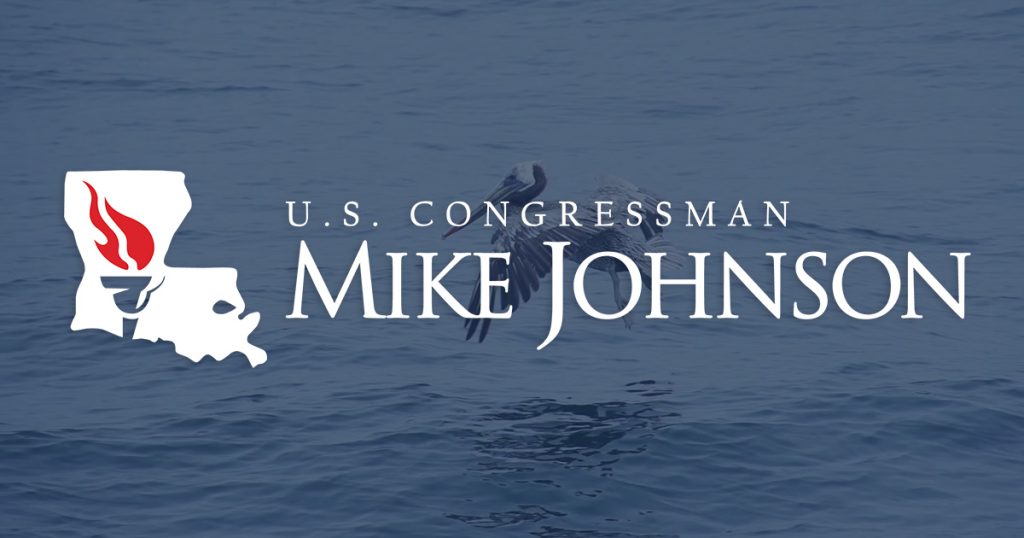Listen to the article
U.S. House Republicans launched a significant legislative push Wednesday aimed at countering Chinese government influence at American universities, introducing a bill that would require institutions receiving federal funding to disclose foreign gifts and contracts.
The measure, spearheaded by the GOP leadership, represents the latest effort to address concerns about Beijing’s growing reach into U.S. higher education through Confucius Institutes and other programs that critics say spread propaganda under the guise of cultural exchange.
“For too long, the Chinese Communist Party has exploited our open academic environment to infiltrate our universities with propaganda disguised as cultural enrichment,” said Representative Mike Johnson, who is leading the initiative. “These institutions receive billions in taxpayer dollars while potentially compromising American interests and values.”
The proposed legislation would establish stricter reporting requirements for universities that accept foreign donations exceeding $50,000, with particular scrutiny for those originating from entities connected to the Chinese government. It would also mandate that universities disclose any agreements or partnerships with foreign governments or their proxies.
Higher education institutions have received over $1.4 billion in gifts and contracts from Chinese sources since 2013, according to Department of Education data cited by the bill’s sponsors. Many of these financial relationships remained undisclosed until recent federal investigations brought them to light.
The bill comes amid heightened tensions between Washington and Beijing across multiple fronts, including trade, technology transfer, human rights, and geopolitical influence. Educational institutions have increasingly become flashpoints in this broader competition for global influence.
Critics of Confucius Institutes, which numbered more than 100 on American campuses at their peak but have declined significantly in recent years, argue they serve as vehicles for Chinese soft power and potentially restrict academic freedom on sensitive topics like Taiwan, Tibet, and human rights abuses in Xinjiang.
The American Council on Education, representing university presidents nationwide, expressed concern about the legislation’s broad scope. “While we support transparency, this bill could create unnecessary administrative burdens and potentially chill important international academic partnerships,” said the council’s spokesperson in a statement.
However, supporters of the measure point to multiple intelligence community assessments identifying U.S. universities as targets for foreign influence operations and intellectual property theft. FBI Director Christopher Wray has previously testified that the Bureau maintains investigations involving Chinese government attempts to steal research and technology from American academic institutions.
Universities in technological hubs and those conducting sensitive research in fields like artificial intelligence, quantum computing, and advanced materials have been particularly vulnerable to such activities, according to security experts.
The bill would also establish a special office within the Department of Education to monitor compliance and investigate potential violations, with penalties including the withholding of federal funding for institutions that fail to properly disclose foreign connections.
Democratic lawmakers have expressed mixed reactions, with some supporting the transparency goals while questioning whether the approach might fuel anti-Asian sentiment or disrupt legitimate academic exchange programs that benefit American students.
Representative Don Beyer noted, “We need a balanced approach that protects our academic integrity without shutting down valuable international collaboration that has made American universities the envy of the world.”
The legislation reflects growing bipartisan consensus about the need to counter foreign influence in American institutions, though disagreements persist about specific methods. Similar measures have been introduced in previous sessions of Congress, though none have become law.
If passed, universities would have one year to comply with the new disclosure requirements, potentially reshaping how American higher education institutions engage with Chinese counterparts and other foreign entities.
Education policy experts suggest the debate highlights the challenge of maintaining America’s traditionally open academic environment while protecting national security interests in an era of strategic competition with China.
Fact Checker
Verify the accuracy of this article using The Disinformation Commission analysis and real-time sources.




7 Comments
This is a complex challenge without easy solutions. I hope lawmakers can work in a bipartisan manner to find an approach that safeguards academic freedom while mitigating legitimate security risks.
Well said. Constructive dialogue and compromise will be key to addressing this issue effectively.
This is a concerning issue that warrants close attention. We need to ensure academic freedom and integrity are protected, while also addressing the risks of foreign government influence through funding or programs at US universities.
Curious to learn more about the specific measures in this bill and how they would be implemented. Addressing foreign influence is important, but we must be vigilant against overreach that could undermine academic independence.
Concerning to hear about the Chinese government’s attempts to spread propaganda through university programs. Transparency around foreign funding sources is important, but we’ll need to watch for unintended consequences.
Glad to see House Republicans taking action on this. Greater transparency around foreign gifts and contracts is important, but we’ll need to monitor implementation and effectiveness closely.
Agreed. Balancing academic openness with national security interests is tricky, but critical. Curious to see the details of this proposed legislation and how it aims to strike that balance.